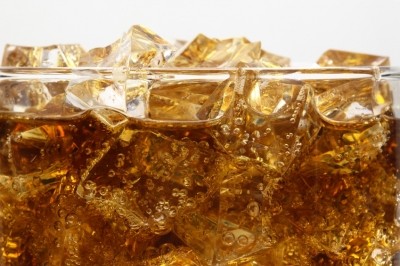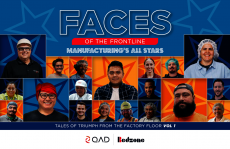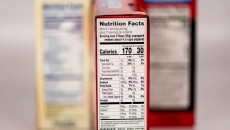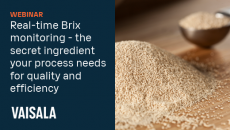California court dismisses complaint over listing caramel color compound under Prop 65
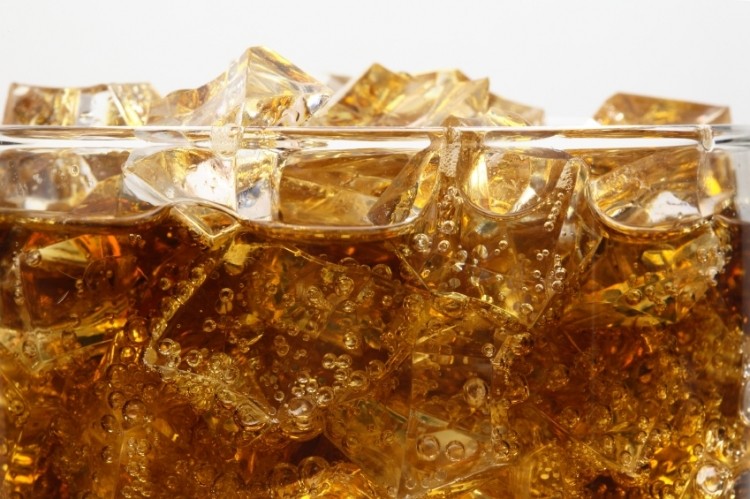
There are four classes of caramel coloring recognized by JECFA, the Joint FAO/WHO Expert Committee on Food Additives, of which two classes (III and IV) are produced using ammonium compounds, resulting in the formation of small amounts of 2-methylimidazole (2-MEI) and/or 4-methylimidazole (4-MEI). Class III caramel coloring is often used in soy sauce and brewing, while class IV is common in cola drinks.
The court noted the ubiquity of the ingredient in its ruling, saying: “The chemical is used in the manufacture of various products like pharmaceuticals, and it is a by-product of fermentation found in food products like soy sauce, roasted coffee, and caramel coloring added to colas and beer.”
The state of California added 4-MEI to its list of known carcinogens in January 2011, requiring products that could expose people to more than 29 micrograms of the substance per day to carry a carcinogen warning label. A 12-oz can of cola contains about 130 micrograms of 4-MEI.
A coalition of food industry organizations, including the California League of Food Processors, the American Beverage Association, the Grocery Manufacturers Association, and the National Coffee Association, had filed a lawsuit against the California Office of Environmental Health Hazard Assessment (OEHHA) claiming that it had wrongfully listed the compound under Proposition 65.
They claimed that the California Office of Environmental Health Hazard Assessment (OEHHA) “did not provide sufficient evidence of carcinogenicity from studies in experimental animals” in its technical report. However, the court disagreed, saying that the warning about 4-MEI was “grounded in fact, not controverted opinion.”
Under the law, products in California that could expose people to more than 29 micrograms of 4-MEI per day must carry the warning label: “WARNING: This product contains a chemical known to the State of California to cause cancer, birth defects or other reproductive harm.”
The Center for Science in the Public Interest (CSPI) called on the Food and Drug Administration (FDA) in February to ban 4-MEI across the United States. It cited research that linked giving laboratory rats extremely high doses of 2-MEI and 4-MEI with increased risk of developing lung, liver, or thyroid cancer or leukemia.
However, the CSPI also said that the sugar content of cola beverages “presents a greater health risk than the ammonia sulfite process caramel”.
In response to the CSPI petition, the Grocery Manufacturers Association noted that there was no evidence that 4-MEI posed health risks to humans.
Amendment: Following a comment period and data review, the OEHHA increased the No Significant Risk Level for 4-MEI to 29 micrograms from the 16 microgram-level initially reported here.
